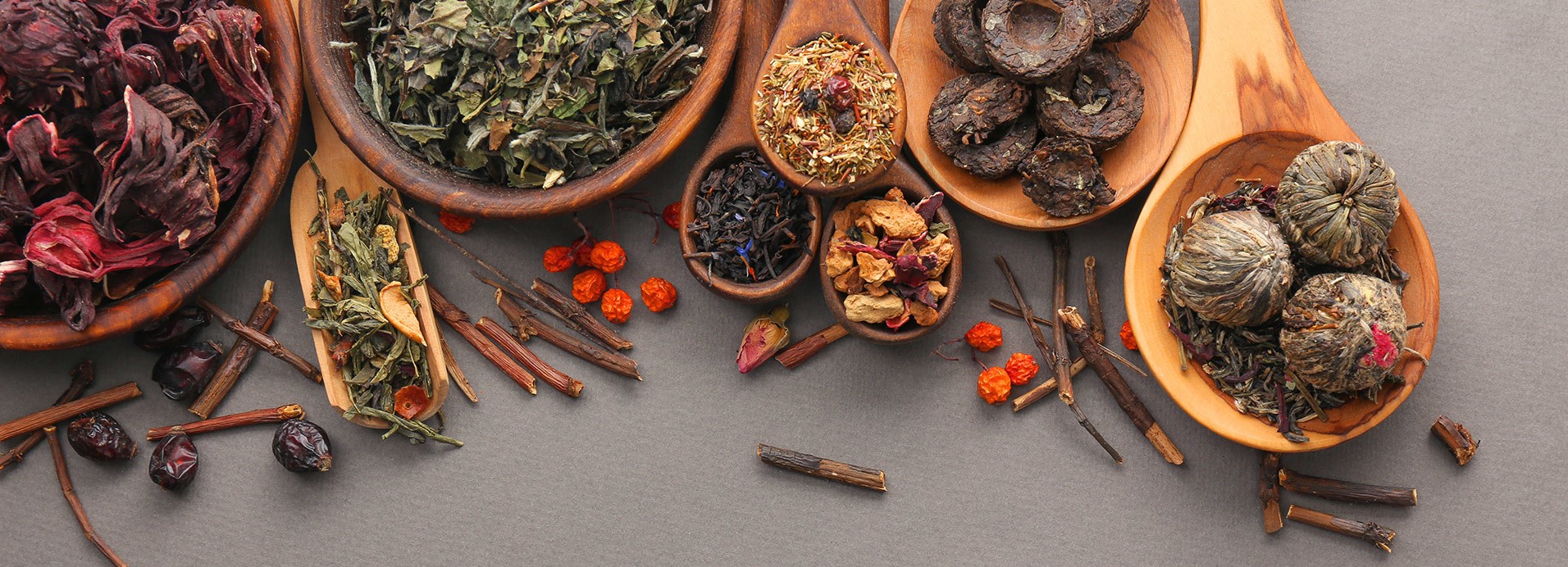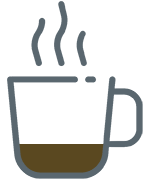
Both coffee and tea contain caffeine … But how much!?
Drinking coffee is an integral part of many individuals’ mornings. It is a legendary energy drink that can help conquer even the longest days. But there are many reasons why people want to replace coffee with tea. Some find coffee drinks too acidic to stomach while others feel wired and restless after just one cup. Tea is a great alternative because it is formulated to deliver a more subtle, yet powerful energy boost. Caffeinated teas are also available in a wide variety of flavors and strengths so it’s easy to pick the ones that are the best fit for you.
Keep in mind that the actual caffeine content of a cup of coffee or tea can vary considerably because of factors such as origin, processing and preparation method, including brewing time. So use these numbers as a guide.
What Factors Affect Caffeine Content?
The caffeine content of coffee depends on many factors, such as:
- Type of coffee beans: There are many varieties of coffee beans available, which may naturally contain different amounts of caffeine.
- Roasting: Lighter roasts have more caffeine than darker roasts, although the darker roasts have a deeper flavor.
- Type of coffee: The caffeine content can vary significantly between regularly brewed coffee, espresso, instant coffee and decaf coffee.
- Serving size: “One cup of coffee” can range anywhere from 30–700 ml (1–24 oz), greatly affecting the total caffeine content.
The charts below show typical caffeine content in popular beverages. Drink sizes are in fluid ounces (oz.) and milliliters (mL). Caffeine is shown in milligrams (mg).
| Coffee drinks | Size in oz. (mL) | Caffeine (mg) |
|---|---|---|
| Brewed | 8 (237) | 95-165 |
| Brewed, decaf | 8 (237) | 2-5 |
| Espresso | 1 (30) | 47-64 |
| Espresso, decaf | 1 (30) | 0 |
| Instant | 8 (237) | 63 |
| Instant, decaf | 8 (237) | 2 |
| Latte or mocha | 8 (237) | 63-126 |
Tea and their Caffeine Contents.
Black tea contains approximately 14 to 61 mg per eight-ounce cup mark, which is significantly higher than any other tea. Next is green tea, which contains approximately 36 mg per eight-ounce cup. White tea offers the lowest amount of caffeine per eight ounce cup at 25 mg.
WHITE TEA GREEN TEA OOLONG TEA BLACK TEA HERBAL TEA
↑ ↑ ↑ ↑ ↑
1/3 the amount of caffein as 1 cup of coffee 1/2 the amount of caffein as 1 cup of coffee Naturally caffeine free! *
* Herbals don’t actually contain any tea leaves, they comes from steeping herbs.

There are many factors influencing caffeine levels in tea, including brewing time, brewing temperature, tea grade, and tea varietal.
If you’re a huge coffee drinker, replacing coffee with tea in the morning might not be enough to get you through the day. Instead, start with one cup of coffee and follow up with a strong caffeinated tea such as matcha for a longer-lasting, steadier energy boost. For casual coffee drinkers, drink a cup of tea instead of a cup of coffee to help you cut back on caffeine intake.



